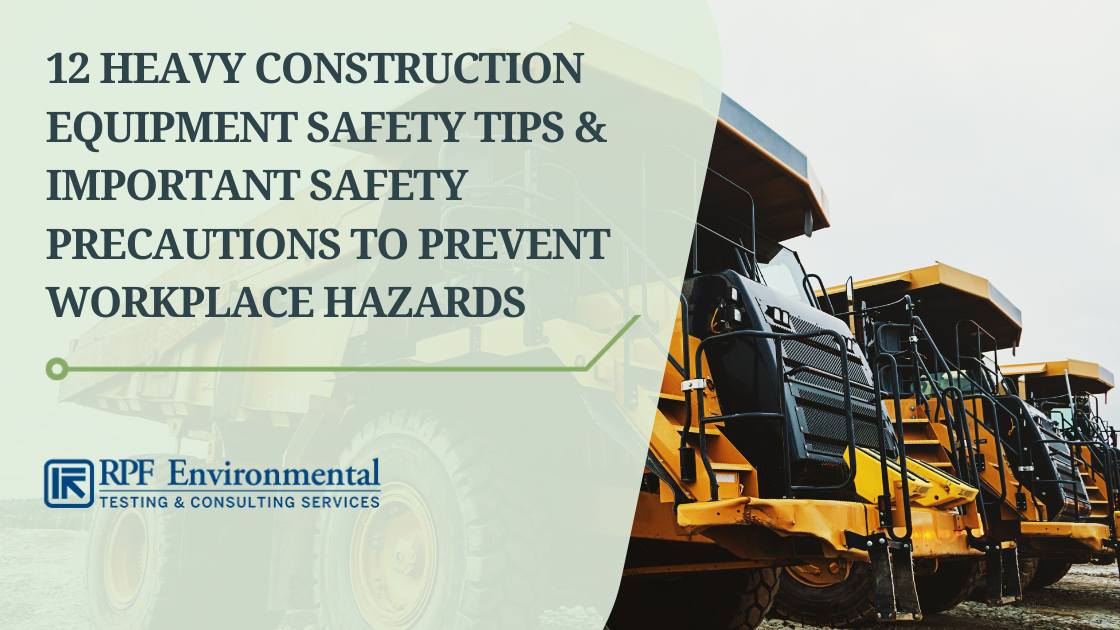Required Heavy Equipment Rental? Select Our Mini Excavator Rental and Boom Lift Rental Choices
Required Heavy Equipment Rental? Select Our Mini Excavator Rental and Boom Lift Rental Choices
Blog Article
Important Tips for Managing Hefty Equipment Rental Arrangements and Logistics Successfully
Effectively taking care of hefty devices rental contracts and logistics is critical for the success of any kind of job that depends on these resources. A detailed understanding of rental terms, combined with accurate assessment of tools needs, lays the foundation for desirable arrangements.
Understand Rental Terms
Recognizing rental terms is important for successful heavy devices management. Knowledge with the details terms of a rental arrangement can substantially impact functional efficiency and cost-effectiveness. Secret components commonly include rental period, payment structure, and upkeep obligations. The rental period specifies the timeframe for which the devices is leased, influencing budgeting and task timelines. Repayment structures commonly vary, including daily, weekly, or monthly rates, which demand precise computations to avoid unanticipated expenses.
Additionally, it is essential to comprehend the upkeep responsibilities described in the contract. Normally, rental firms preserve the tools, but understanding who is accountable for regular checks and repair work is crucial to avoid operational interruptions. Additionally, terms might consist of stipulations worrying obligation for problems or burglary, which can have severe economic ramifications otherwise properly understood.

Assess Equipment Requirements
Assessing tools needs is a critical step for any project supervisor aiming to optimize source allotment and boost operational performance. This process involves a comprehensive analysis of the task requirements, including particular jobs, timelines, and the kind of devices essential to achieve preferred end results.
Begin by determining the scope of the job and the jobs that will be carried out. Take into consideration variables such as the terrain, the scale of procedures, and any type of potential obstacles that might affect tools selection. Engaging with staff member that will operate the machinery can supply beneficial insights right into functional requirements and preferences.

Following, review the ability and capacities of offered tools alternatives. It is essential to match the right equipment to the tasks at hand, guaranteeing that it can deal with the expected work without endangering safety or efficiency.
In addition, consider the rental duration and frequency of usage. Comprehending these components can aid establish whether renting out or buying is the most cost-effective solution. By performing a thorough analysis of devices needs, task supervisors can make educated decisions that bring about enhanced productivity and reduced functional costs.
Negotiate Effectively
As click to investigate soon as the equipment requirements are plainly determined, the following step entails effective settlement with rental firms to protect favorable terms. Begin by investigating numerous rental companies to recognize their pricing structures, stock schedule, and track record.
When coming close to the negotiation table, be clear regarding your demands, consisting of the type of tools, rental period, and any extra solutions you may need. This transparency allows rental firms to provide tailored options that can satisfy your details needs (heavy equipment rental). Don't wait to request price cuts, particularly for lasting leasings or mass orders, as several firms are willing to offer giving ins to protect bigger contracts
These aspects can substantially influence the overall expense and must be clearly detailed in the rental agreement. Make sure that all agreed-upon terms are documented in writing to prevent misunderstandings and secure your interests throughout the rental duration.
Coordinate Transportation Logistics
Working with transportation logistics is a critical aspect of taking care of heavy devices rental arrangements. Efficient transportation makes sure that devices is delivered on time and in optimum condition, thus decreasing downtime and improving project effectiveness. To attain this, it is vital to develop a thorough logistics plan that describes the whole transport process from pick-up to delivery.
Begin by evaluating the certain transportation needs based upon the kind and size of the equipment entailed - construction equipment rentals. Involve with trustworthy transport service providers that concentrate on hefty tools to guarantee they possess the needed knowledge and devices, such as flatbed trucks or specialized trailers. Review factors such as weight limits, route restrictions, Bonuses and required licenses to prevent unforeseen delays
Moreover, maintain open communication with both the rental firm and the transportation copyright to collaborate timetables properly. By thoroughly coordinating transport logistics, you can copyright the stability of your rental agreement and assist in smooth project implementation.
Plan for Maintenance and Support

Furthermore, it is vital to interact straight with the rental service provider concerning maintenance responsibilities. Some arrangements may include maintenance as component of the rental solution, while in other cases, the obligation may drop on the occupant. Understanding these terms will certainly aid stay clear of unanticipated prices and responsibilities.
Additionally, having accessibility to technical assistance can be important. Guarantee that the rental company offers 24/7 support or an emergency situation get in touch with, permitting quick resolution of any kind of devices issues. Educating your group on appropriate tools use and routine checks can additionally dramatically enhance functional effectiveness.
Final Thought
In conclusion, efficient monitoring of heavy equipment rental contracts and logistics hinges on a thorough understanding of rental terms, specific analysis of equipment requirements, and experienced negotiation skills. Stressing clear communication with all stakeholders stays crucial in navigating the complexities of devices service and logistics management.
Efficiently handling heavy devices rental arrangements and logistics is crucial for the success of any task that depends on these resources. By completely reviewing and understanding these rental terms, services can make enlightened choices, minimize dangers, and make sure that their heavy devices monitoring read more lines up with job objectives and economic restraints.Coordinating transport logistics is a crucial aspect of managing hefty equipment rental agreements.In conclusion, effective management of hefty equipment rental agreements and logistics hinges on an extensive understanding of rental terms, accurate analysis of tools demands, and experienced settlement abilities. Emphasizing clear communication with all stakeholders remains essential in navigating the intricacies of equipment leasing and logistics management.
Report this page